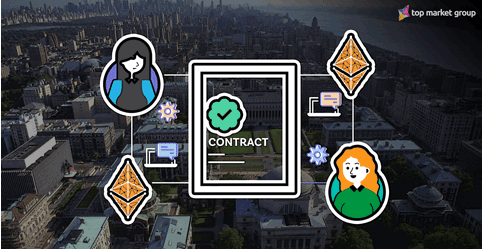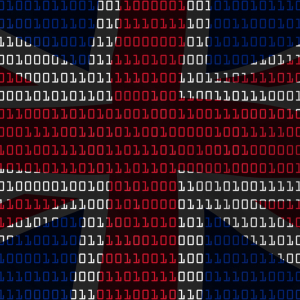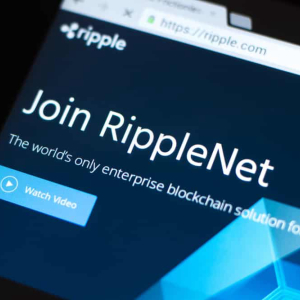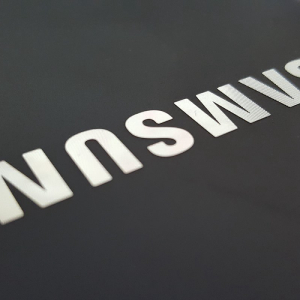The Ethereum Foundation, awarded a grant to researchers at Yale and Columbia universities for the compilation of a replacement good contract programing language into the Ethereum Virtual Machine (EVM). The event was declared in a press release shared with Cointelegraph on March 6.
The beneficiary of the grant could be a good contract R&D project known as DeepSea, spearheaded by professor Ronghui Gu, an professor of computer science at Columbia, together with researchers at Yale. Gu is additionally the co-founder of blockchain security firm CertiK, that is also one among the participants within the project that raised “several millions” in a funding round led by Binance Labs last Oct.
The new grant forms a part of the foundation’s fifth wave financing — under the aegis of the Ethereum Foundation Grants Program — dedicated to supporting Ethereum 2.0 and Layer a pair of scaling efforts.
DeepSea is named after a new smart contracts programing language, originally created at the research lab of academician Shao, department chair of computer science at Yale and Gu’s fellow co-founder at CertiK.
While the language was initially designed for the implementation of system software system, the release notes that the high risks surrounding smart contract vulnerabilities have provided a contemporary impetus to increase DeepSea’s “protective features” thereto arena. As academician Gu has outlined:
“Because [smart] contracts are self-executable and permanent, it's crucial that these contracts perform solely as they're exactly supposed. The DeepSEA language can permit programmers to feature safeguards to confirm that the code conforms specifically to its specifications, mistreatment Formal Verification.”
Formal Verification refers to “the method of leverage mathematical proofs to verify the correctness of code implementation,” and was reportedly at first enforced within the NASA Mars Rover and different hardware systems that the release characterizes as “mission essential.”
The process is currently reportedly being extended to be used in software system systems, like CertiK’s auditing of good contracts and blockchain protocols, and may be used to forestall the possible introduction of bugs whereas compiling DeepSea into the EVM.
As reported in Dec, open supply blockchain project Qtum has antecedently awarded academician Gu’s lab a $400,000 grant to fund the development of DeepSea.
To know more on Cryptocurrency and Blockchain events, follow us on Facebook, YouTube, Twitter, LinkedIn, Reddit, Telegram, BitcoinTalk, and we are also on Medium now















